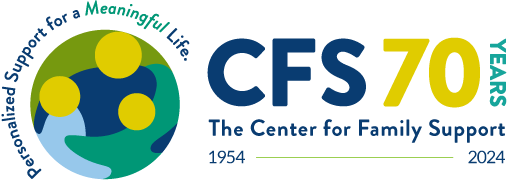
Caring for someone with disabilities can be overwhelming. Parents and loved ones are committed for the long term, but sometimes the best thing they can do is turn routine care over for a brief period and allow themselves to recharge. Respite care involves allowing someone else to step in for anywhere from a few hours to a few weeks. Know your options in advance to be prepared when you need a break.
Why Respite Care?
People who provide around-the-clock care often report a prolonged feeling of stress. A Commonwealth Fund study followed adult caregivers and found 60 percent of them reported they had their own health conditions and often didn’t have time to see to their own needs.
Respite care might involve a short-term stay in an outside facility or hiring a caregiver to provide care in your home. It provides the following benefits:
- Time to take care of yourself – Care providers might step in to give you time to complete simple tasks like going to your own medical appointments, spending time practicing your own hobbies, or getting a haircut.
- A chance to focus on other relationships – Caregivers often become isolated because their responsibilities take up so much of their time. They need emotional support, but they don’t have a chance to receive it. Respite care gives you a break to spend time with friends and family members.
- A needed change for everyone – When you feel stressed and exhausted, your loved one feels it. Respite care relieves the frustration that has been building and allows you to return to your duties feeling refreshed.
Types of Respite Care
Respite care providers are willing to work around what your family needs. A caretaker might come to your home and spend the night, or you might take your loved one to a facility for an overnight stay. Day programs allow you to drop your loved one off at a care facility or group home. They participate in activities geared toward their needs and receive care from trained professionals.
Summer camps provide caregivers with a longer break and can feel like a vacation for individuals with disabilities. After school care can provide school-aged children with educational support every afternoon. If you just need a short break on a regular basis, some caregivers will come to your home for a few hours at a time.
Finding Respite Care
You never know when you might need to respond to an outside emergency or need to take time for yourself. Even if you don’t feel the need for respite care right now, it’s good to research your options.
The Center for Family Support provides a number of options for families in New York and New Jersey. We offer group homes with support staff trained to provide personalized support for individuals with all types of disabilities. We also provide a range of in-home and community- based services for disabled individuals and their families. Whether your family needs an after- school program, day habilitation, or in-home care, connect with us to see what we have to offer.








